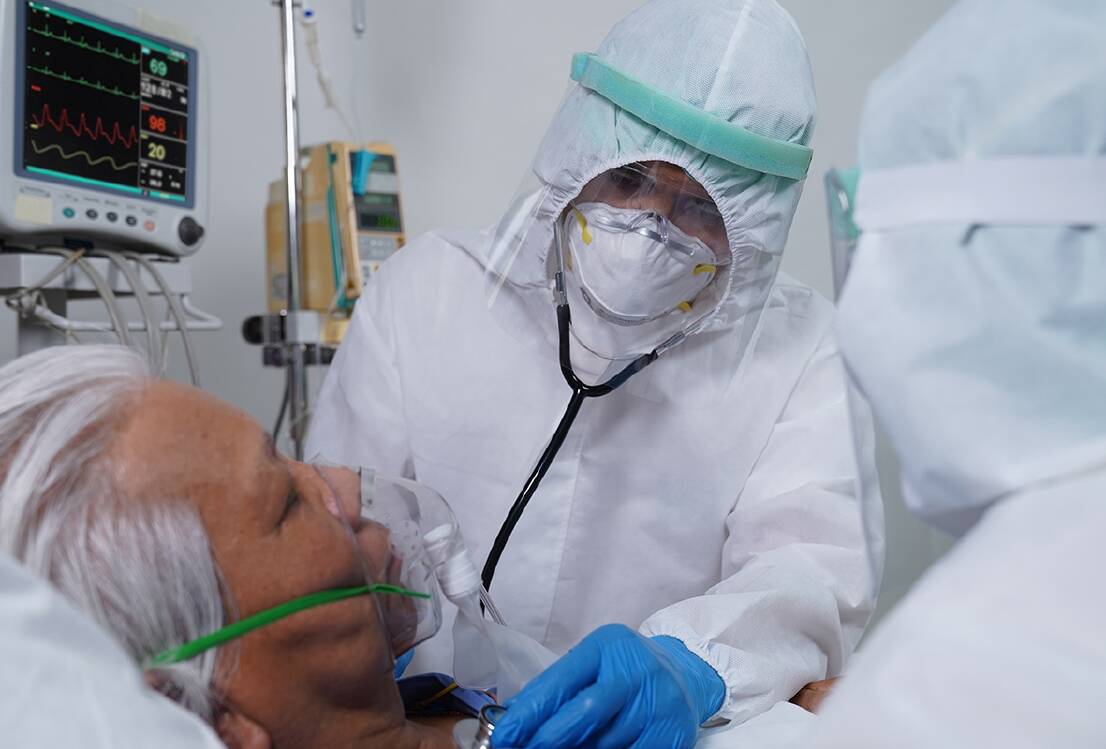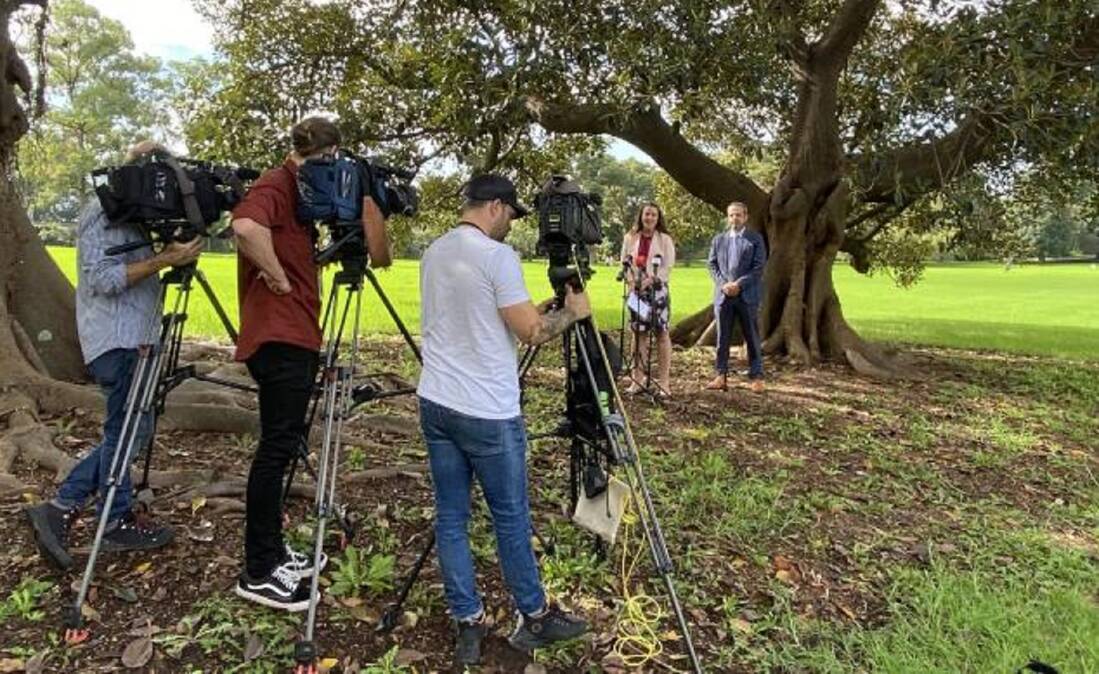
THE near-global shift away from lockdown-based management has been welcomed by most people, but for a small subset of those who catch this most insidious of diseases, the outcome is, quite simply, fatal.
On Sunday, the president of the Australian Medical Association, Omar Khorshid, summarised a growing concern among medical professionals, when he lamented: "The reality is, Australia has moved on.
"We've seen, in this election campaign that nobody wants to talk about COVID.
"But the virus is still here, we are not 'post-COVID', and we have to design our systems - our health systems, our public transport systems, our shopping centres - to deal with the reality of this respiratory-borne virus that is not going anywhere.
"If we don't do that, we will find ourselves still in this situation in months or years to come, and with a catastrophic impact on people's health, and of course, on the economy."
We know the burden of COVID illness falls overwhelmingly on those with immune systems compromised by age or illness.
Even so, the virus can still inflict serious damage on those who might least suspect it.
Dr Khorshid and the rest of the AMA leadership are calling for a voluntary return to masks, and for governments to more closely heed the expert health advice they so publicly proclaimed as justification for their actions at the height of the pandemic.
After two years of minimal non-COVID coughs and colds, a rapid increase in seasonal influenza also a concern.
Newcastle public health physician Craig Dalton - whose work was named-checked by Dr Anthony Fauci at a White House briefing in the early days of COVID - says the self-reporting Flutracking.net website has recorded a "near-vertical" rise in respiratory illness, with children the most affected.
The question is, what do we do from here?
Australia is number six in the world for COVID over the past 28 days, with 1.24 million cases and 1068 deaths in that time. Omnicron certainly is generally milder, as Dr Dalton observes.
The federal Health Department says 95 per cent of those aged 16 and over have had two doses, but only 66 per cent have had a third dose.
Should another, more virulent, strain emerge, we may find ourselves back where we started.
Election topic or not, few issues are more important right now.
ISSUE: 39,873








